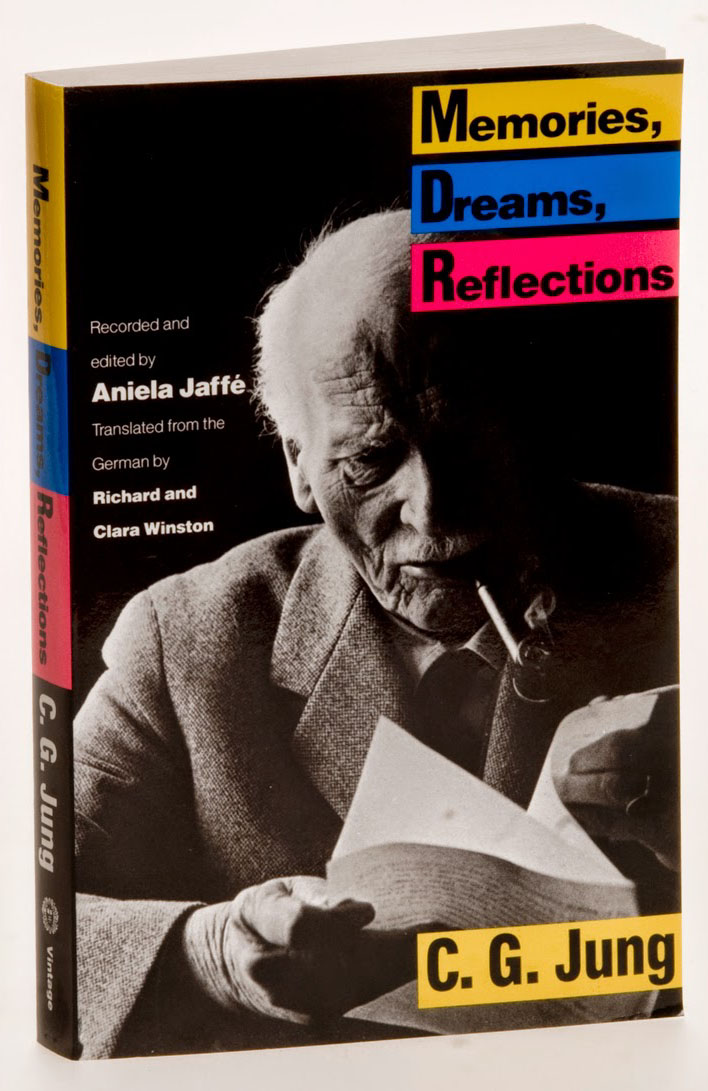Although we human beings have our own personal life, we are yet in large measure the representatives, the victims and promoters of a collective spirit whose years are counted in centuries.
The collective unconscious is common to all; it is the foundation of what the ancients called the “sympathy of all things.”
The psyche is distinctly more complicated and inaccessible than the body. It is, so to speak, the half of the world which comes into existence only when we become conscious of it. For that reason the psyche is not only a personal but a world problem, and the psychiatrist has to deal with an entire world.
Nowadays we can see as never before that the peril which threatens all of us comes not from nature, but from man, from the psyches of the individual and the mass. The psychic aberration of man is the danger. Everything depends upon whether or not our psyche functions properly. If certain persons lose their heads nowadays, a hydrogen bomb will go off.
Idealism had to be abandoned, for there are higher things than the ego’s will, and to these one must bow.
I have frequently seen people become neurotic when they content themselves with inadequate or wrong answers to the questions of life. They seek position, marriage, reputation, outward success or money, and remain unhappy and neurotic even when they have attained what they were seeking. Such people are usually confined within too narrow a spiritual horizon. Their life has not sufficient content, sufficient meaning. If they are enabled to develop into more spacious personalities, the neurosis generally disappears. For that reason the idea of development was always of the highest importance to me.
Among the so-called neurotics of our day there are a good many who in other ages would not have been neurotic — that is, divided against themselves. If they had lived in a period and in a milieu in which man was still linked by myth with the world of the ancestors, and thus with nature truly experienced and not merely seen from outside, they would have been spared this division with themselves. I am speaking of those who cannot tolerate the loss of myth and who can neither find a way to a merely exterior world, to the world as seen by science, nor rest satisfied with an intellectual juggling with words, which has nothing whatsoever to do with wisdom.
“The stone has no uncertainties, no urge to communicate, and is eternally the same for thousands of years,” I would think, “while I am only a passing phenomenon which bursts into all kinds of emotions, like a flame that flares up quickly and then goes out.” I was but the sum of my emotions, and the Other in me was the timeless, imperishable stone.


Jedna myśl nt. „Memories, Dreams, Reflections Carl Gustav Jung”